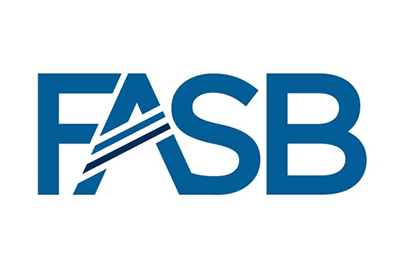FASB Issues Standard That Enhances Income Tax Disclosures
–
December 15, 2023

The Financial Accounting Standards Board (FASB) today issued an Accounting Accounting Standards Update (ASU) Update (ASU) that addresses requests for improved income tax disclosures from investors, lenders, creditors, and other allocators of capital (collectively, “investors”) that use the financial statements to make capital allocation decisions.
“The new standard responds to calls from investors for more transparent, decision-useful information about a company’s income taxes,” stated FASB Chair Richard R. Jones. “It requires enhanced disclosures primarily related to existing rate reconciliation and income taxes paid information to help investors better assess how a company’s operations and related tax risks and tax planning and operational opportunities affect the company’s tax rate and prospects for future cash flows.”
The ASU improves the transparency of income tax disclosures by requiring (1) consistent categories and greater disaggregation of information in the rate reconciliation and (2) income taxes paid disaggregated by jurisdiction. It also includes certain other amendments to improve the effectiveness of income tax disclosures.
For public business entities, the standard is effective for annual periods beginning after Dec. 15, 2024. For other entities, the amendments are effective for annual periods beginning after Dec.r 15, 2025. Early adoption is permitted for annual financial statements that have not yet been issued or made available for issuance.
The information in this guide has been gathered from many sources, including the Internal Revenue Service, the Social Security Administration, state agencies, professional organizations and members of the NJCPA. The COVID-19 pandemic has prompted the majority of state agencies to offer more online and prerecorded services. Though offices have reopened after the COVID-19 shutdown, it’s best to check online or call before you visit.
Material contained within this guide should be augmented by, and used in accordance with, a certified public accountant's professional judgment. Your CPA can properly apply the tax laws and regulations to the facts and circumstances of your particular situation. For help with locating a CPA, visit findacpa.org.
The New Jersey Society of Certified Public Accountants is not responsible for any claims arising as a result of this information or its usage.
This guide was updated in October 2023. Future users of this material are cautioned that some portions, particularly tax-related information, may become outdated.